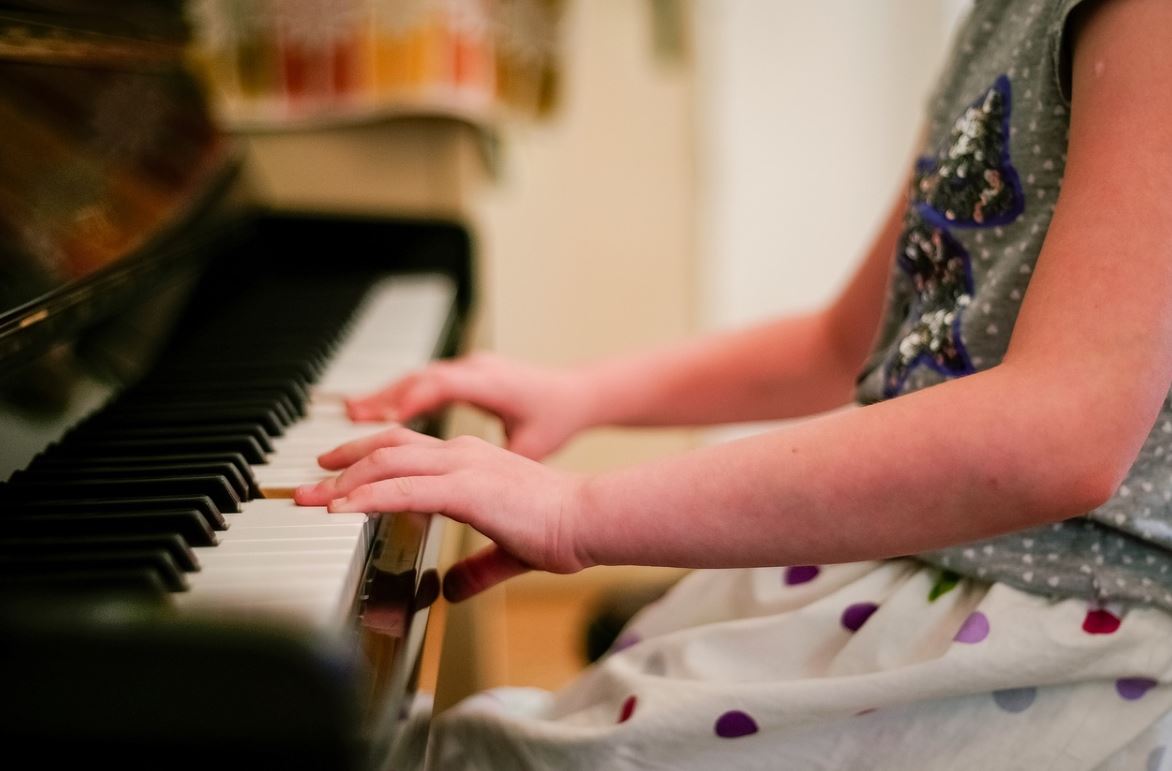Everyone loves music, whether you listen to it, sing. But with modern academic changes, the interest in music has declined. The research show that there are many benefits of music education. Also, Learning music enhances the learning skills in kids. A music-rich experience for kids to sing, listen, and move brings advantage to kids as they move towards more formal learning. The music lessons include more than playing an instrument with the fingers; a kid learning music must, often at the same time, tap into various skill sets. For example, individuals use their ears and eyes as well as muscles that can benefit children. see
What are the benefits of music education for kids?
Improve Math skills.
Many musical concepts have mathematical criteria. Because of that, reading music includes learning quarter, half, and whole notes, which are necessarily fractions. When a music student has spent some time learning about rhythm, he eventually learns to count. He is certainly using logic to count out the rhythms and working his way methodically through the piece.
Improve reasoning skills.
Many studies indicated students with early musical training had created advanced language and reasoning skill-related regions of the brain. common benefits of music education is physical development of the left side of the brain that is known to be engaged in language processing, and can effectively wire the brain in particular ways.” Learning a musical instrument also increases language learning skills.
Improve brain function.
When you are a musician, and you are playing an instrument, you need to use more of your brainpower. So, research suggests the brain of a musician, works differently compared to a normal person, and it shows the benefits of music education. Also, many neuroscience research involving kids and music shows bigger growth of brain function when learning music.
The kids in the study who received music education had enhanced sound identification skill and improvements in fine motor skills. The brain imaging revealed changes to the neural networking in the brain connected, which improve brain function.
Development in imaginative thinking.
Children who study music may learn how to believe in creatively. This type of instruction can help them resolve problems by thinking outside the box and recognizing that there might be more than 1 right answer as benefits of music education.
Relieving stress.
By learning to play music, students can fight stress. Helping children relax is particularly useful in soothing music. Most of us recognize that listening to a favorite artist or song can raise stress and relax us. The same holds for producing music. It gives children a fantastic launch, permitting them to immerse themselves in something which’s relaxing and fulfilling. I am aware that no matter how worried I had been in college, I’d continuously come out relaxed and happy after music practice.
Improve Test scores.
Many studies demonstrated that kids in elementary schools with exceptional music instruction programs scored roughly 22 percent greater in English and 20 percent higher in math scores on standardized tests as benefits of music education.
However, In case you experience an environment in which there are a lot of people doing innovative, smart, fantastic things, joyous things, even individuals not involved have a propensity to go up and perform much better.
Social awareness.
In music, not being in tune is is bad. So children who study better able to distinguish subtle details of speech, leading to improved reading, better comprehension. Also, a ability to interpret what other people are really saying. which will make them reach out to someone in need.
The music is emotional so musicians must learn to connect with people in an emotional level. whether it’s harmonizing in a choir or performance in a string quartet or simply jamming with friends, kids who learn music know how to share attention co-operate and collaborate as a benefit of music education.
Finally, Studies have shown that cooperative musical activities can increase a toddlers’ pro-social behaviors making them more likely to help someone in need.





